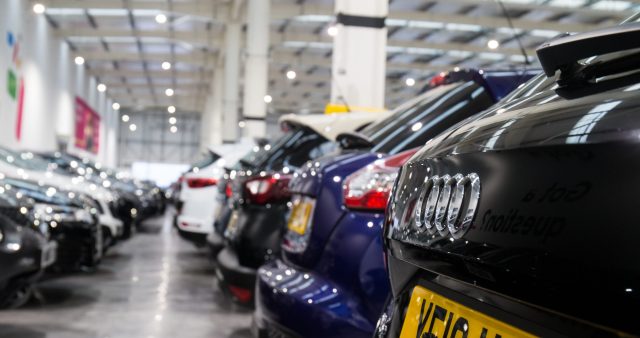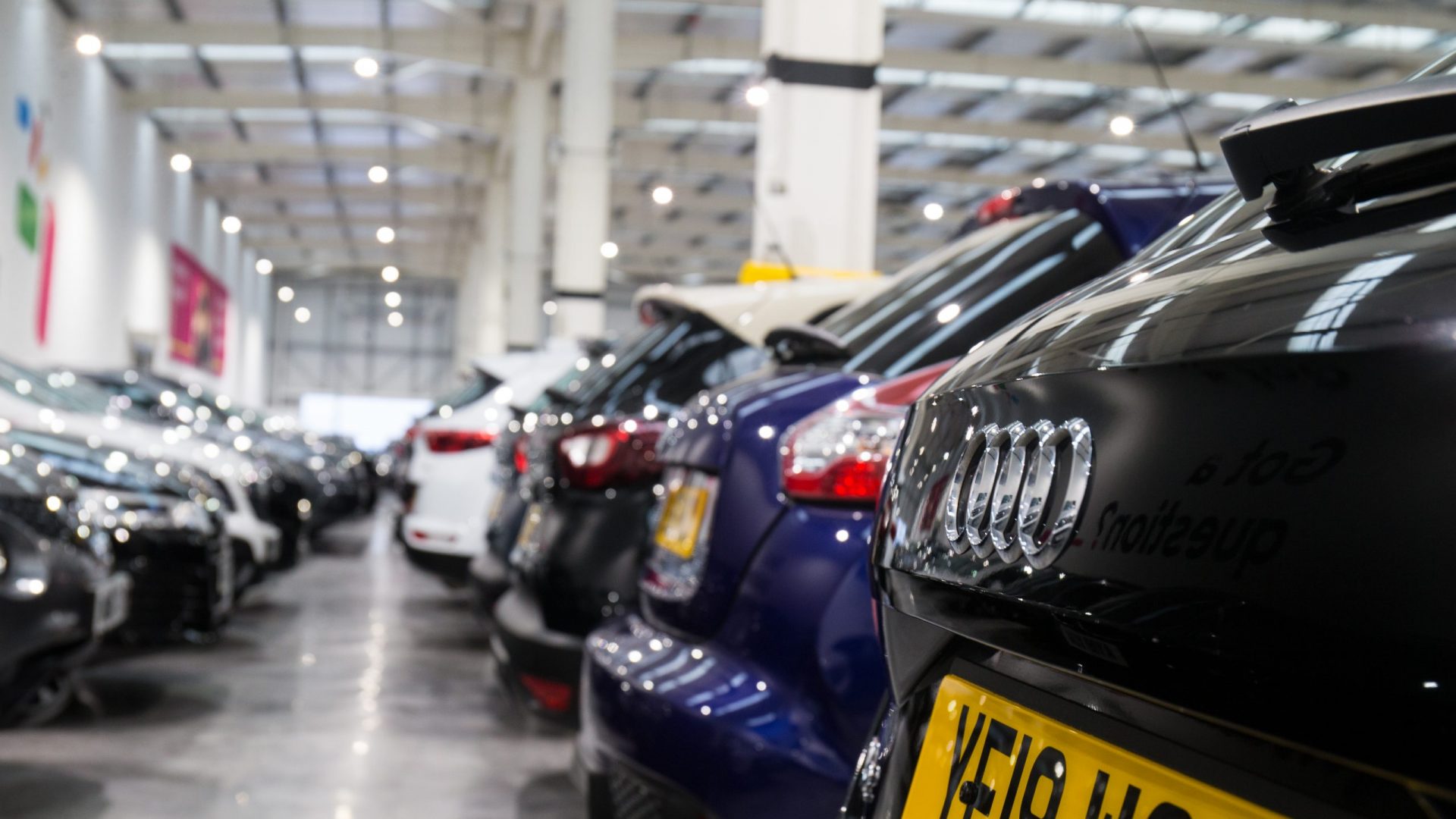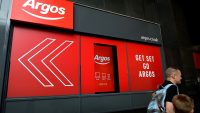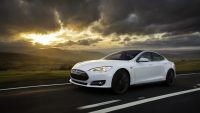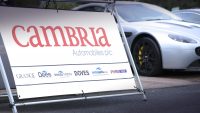Used car supermarkets sourced a greater number of younger vehicles last month in a drive to increase profitability, new analysis has found.
Motors’s Market View found that for a second month in a row supermarkets have increased their inventories.
In November, car supermarkets averaged 214 units – a new high for the year, said Motors, up from 200 in October and moving closer to last November’s total of 220.
This drive to acquire more stock matched a grater focus on cars aged under two years, which grew as a proportion of their stocks year-on-year (YoY) from 7% to 12%.
This increase came mostly at the expense of older cars aged four to six years which dropped from 38% to 30.5% over the same period.
As a result, average prices increased month-on-month (MoM) for supermarkets by 1.2% to £17,038, with a slight softening in days to sell from 21.3 to 20.8, suggesting a focus on profitability, said the research.
Motors also found that the Autumn Budget and Court of Appeal ruling on dealer finance commission disclosures had no noticeable impact on consumers researching and buying used cars last month.
The Market View analysis identified MoM stability across prices, retail demand and stock volumes, with minimal YoY fluctuations.
The average price for a used car listed on Motors was £17,961, a rise of just £41 MoM and £38 YoY, a marked contrast to the pricing volatility which characterised 2023.
Days to sell averaged 30 in November, on a par with both October (29) and September (30). The fastest sales were achieved by franchised dealers at 20 days, followed by supermarkets (21 days) and independents (52 days).
The month’s fastest selling car was the Tesla Model 3, averaging just 15 days on dealer forecourts.
Dealer stock volumes averaged 56 units, unchanged from October, and just three units less than November 2023. Both franchised dealers (65 units) and independents (39) units were unchanged MoM.
The share of electric vehicles (EVs) and hybrids stocked by dealers continued to grow, mostly at the expense of diesels.
EVs grew their share to 4.5%, from 3% last November but were outpaced by hybrids which increased from 6% to 9%, while diesels dropped from 37.5% to 34.5%.
Petrol still accounts for over half (52%) of all used cars being sold by dealers.
Lucy Tugby, marketing director of Motors, said: ‘While November was characterised by small seasonal adjustments across pricing, demand and stock volumes, our Market View analysis did identify a trend among car supermarkets moving to boost profitability by successfully sourcing and selling younger used cars.
‘It’s also significant that consumer demand, as measured by online search activity and days to sell, was not negatively impacted by the Autumn Budget or the Court of Appeal’s ruling on dealers now being required to disclose commission on finance sales.
‘Furthermore, with the slow uptake of EVs making the headlines in November, we also note how EVs and hybrids now collectively account for 13% of used cars listed by dealers, their highest ever share.
‘Hybrids continue to lead the way with higher volumes and more advert views than EVs, highlighting the vital educating role played by dealers as part of the wider transition to electric.’
- Car Dealer Live 2025: Book tickets now
- Join our breaking news WhatsApp group
- Sign up for daily email Car Dealer news bulletins
- Listen to the latest Car Dealer Podcast
- Read the latest digital issue of Car Dealer Magazine
The post Used car supermarkets are expanding stock inventories with younger vehicles to drive up profits appeared first on Car Dealer Magazine.
